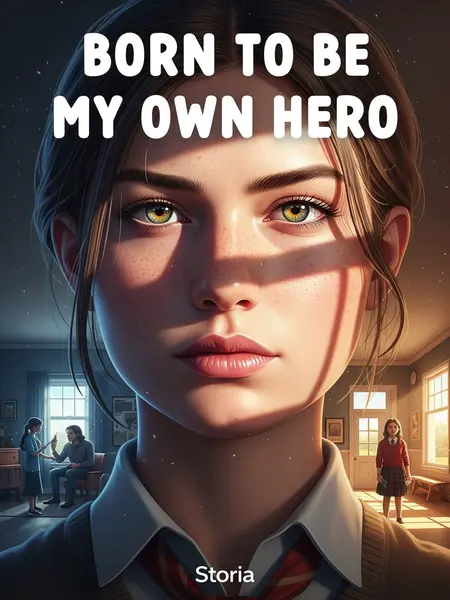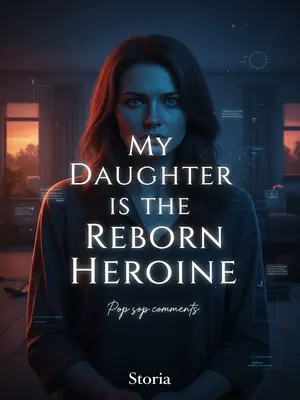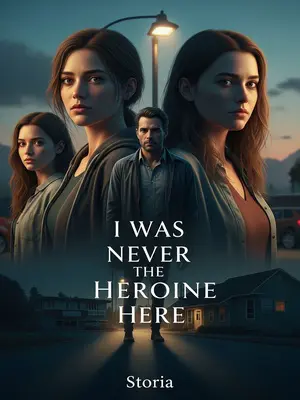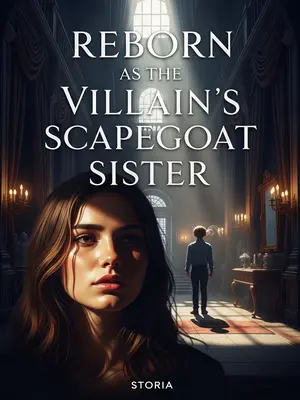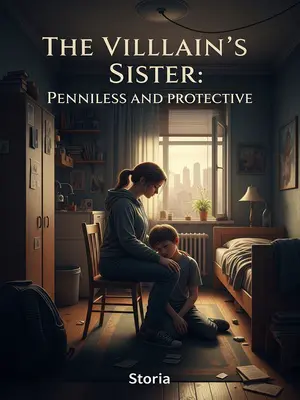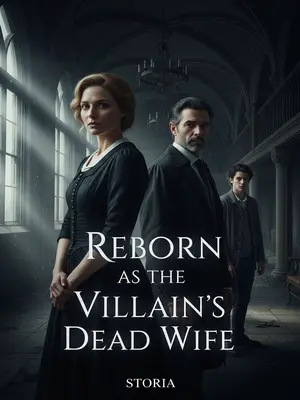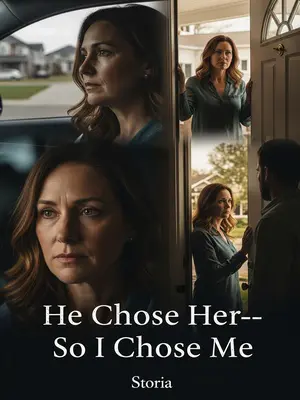The Family’s Inconvenient Secret
She’d carried me inside, scolding my family for working me so hard. I remembered her cool hand on my forehead, the taste of sweet tea she pressed to my lips.
But my own mother called me lazy, said I’d embarrassed the family.
Her words stung more than the sunburn. She stood in the doorway, arms crossed, not even bothering to check if I was okay. Her voice was sharp, cutting through any hope I had for comfort.
Their indifference made my head spin. I pressed my hand to my temple.
It was almost dizzying, how quickly hope could turn to disappointment. I wanted to scream, but all I managed was a quiet sigh, my palm cool against my forehead.
Yes, these were my parents—hard as nails, never kind.
They wore their bitterness like armor, never letting anyone close. I used to wonder if I’d done something to deserve it. Now, I saw them for what they were: people who’d never learned how to love.
After all, they’d left me at Grandma Carol’s and ignored me for fifteen years.
I was the family’s inconvenient secret, packed off like old clothes to a relative. Out of sight, out of mind. Their visits were rare, their affection nonexistent. My birthdays came and went without a card or a call.
Back in the early ’90s, no one cared how many kids you had in small-town Ohio (at least, not out loud).
The rules were looser back then, especially in places where the cornfields stretched for miles and neighbors watched each other’s business. Folks minded their own, and nobody asked too many questions.
If the first was a girl, you could have another after a few years.
That’s just how it was. People whispered, but nobody made a fuss. Boys were prized; girls were expected to work and keep quiet.
The year I was born, my older sister was barely a toddler.
She was still learning to walk when I arrived, her hair tied up in crooked pigtails. I don’t remember much about those early years, just a sense of always being second place.
They sent me to Grandma’s the day I came home from the hospital.
I never even had a crib in my parents’ house. My baby blanket still smelled of mothballs from Grandma Carol’s cedar chest.
To outsiders, I was just Aunt Linda’s kid.
She’d introduce me at church potlucks as her niece. People would nod, but you could see it in their eyes—they knew.
But everyone in Maple Heights knew the truth. It was an open secret, and nobody would report it. The midwife said, “This second girl’s got wild hair—next one’ll be a boy for sure.”
People loved to make predictions, like some old wives’ tale could change fate. But it never did. Folks clucked their tongues and said it was just a matter of time before the Fosters got their boy.
Maybe she was right, because when I was five, my younger brother was born and named Aaron Foster.
They threw a big barbecue for Aaron’s arrival. Neighbors brought casseroles, and Dad passed out cigars. For once, the house was full of laughter.
Grandpa and Grandma were thrilled, talking up their grandson to anyone who’d listen.
Grandpa put Aaron on his knee and called him “the future of the family.” I watched from the doorway, invisible as ever.
And my parents simply forgot I existed.
It was like I’d vanished overnight. No more Sunday dinners, no more birthday cards. I became a ghost in my own family.
That’s what my cousin, Cody, told me when he’d push me around.
